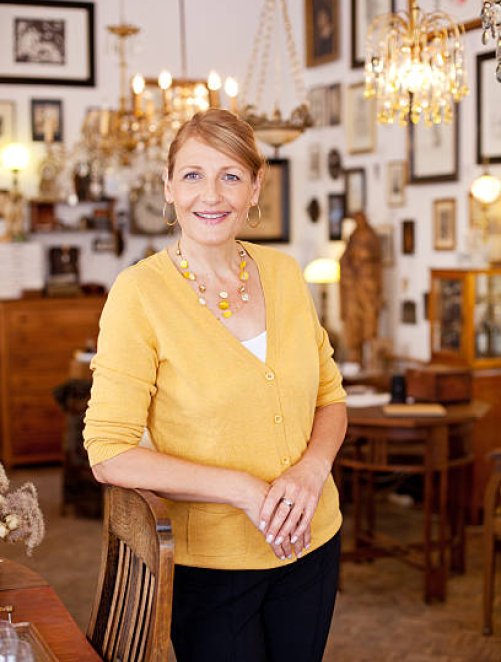



Ivory statue of Guanyin - Bodhisattva of Compassion - Qianlong Emperor
Inherited piece, 100 perfect ivory, purchased 60 years ago in Hong Kong by former/late Ambassador. Well-preserved and protected in temperature-controlled area.
3.5 kgs in weight, 60-70 cm height, made of authentic ivory
Inherited
Yes


Hello,
Thank you for choosing Mearto.
This item is an ivory statue depicting Guanyin, the Bodhisattva of Compassion, attributed to the Qianlong Emperor period. Based on the images provided and the details in the description, this sculpture appears to be made from genuine ivory, which aligns with its provenance of being purchased in Hong Kong approximately 60 years ago by a former ambassador. Its dimensions—standing between 60-70 cm in height and weighing around 3.5 kilograms—are consistent with larger, detailed ivory carvings from the late Qing Dynasty or earlier.
Art Historical Context:
Guanyin, known as the goddess of mercy and compassion in Chinese Buddhism, is a highly revered figure, and her depiction in ivory sculptures was quite popular during the Qing Dynasty, especially under the Qianlong Emperor. The emperor was known for his patronage of Buddhist art, and the creation of religious sculptures during this time reflected the craftsmanship and devotion associated with the imperial court. Ivory was a favored medium for its malleability, smooth texture, and capacity to hold fine details, and Guanyin was a popular subject for both devotional and decorative purposes.
Material:
Ivory, particularly of this scale and weight (3.5 kg), suggests high-quality carving. However, given that the international ivory trade has been restricted due to conservation efforts, the provenance of the piece—having been purchased in Hong Kong 60 years ago—places it within the timeframe before these bans came into effect. The meticulous preservation in a temperature-controlled environment is an important factor in maintaining the ivory’s condition, as fluctuations in temperature and humidity can cause cracking or discoloration.
Carving Details:
In the images provided, the fine detailing of the robes and the serene expression of Guanyin suggest a skilled artisan. The attention to the folds of the drapery, the lotus or other symbolic items held in her hand, and the ornamental headpiece are characteristic of higher-quality Qing Dynasty ivory carvings. The surface appears to have aged naturally, with a yellowish patina that can be expected in older ivory pieces, further affirming its authenticity.
Markings or Signatures:
It is important to note whether there are any markings or inscriptions, particularly on the base of the statue, as these could indicate the workshop or artisan, and sometimes provide clues about its intended recipient—especially if it was created for the imperial court or a high-ranking official. The images provided don’t show detailed shots of any potential inscriptions or seals, so this should be investigated further.
Cultural Significance:
Statues of Guanyin are often associated with protection and compassion, and large sculptures like this one were frequently displayed in temples or in the homes of wealthy patrons. During the Qianlong Emperor’s reign, such pieces may have also been diplomatic gifts, which aligns with the provenance of the statue having belonged to an ambassador.
Market Analysis:
The value of ivory sculptures like this one has been complicated by modern ivory trade restrictions, but historical pieces, especially those with well-documented provenance, remain highly collectible. An authenticated ivory statue of this scale, especially one associated with the Qianlong period, could fetch high sums at auction. However, due to the ethical considerations surrounding ivory, its sale would need to be handled in a country where trade in pre-ban ivory is permitted, and proper documentation must accompany the piece.
Condition:
From the images, the statue seems to be in very good condition with no visible signs of damage, cracks, or discoloration. The preservation in a controlled environment appears to have maintained the integrity of the material. If there are any micro-fractures or discolorations upon closer inspection, they should be noted for potential restoration needs.
Retail prices may vary








%20(3).jpg)